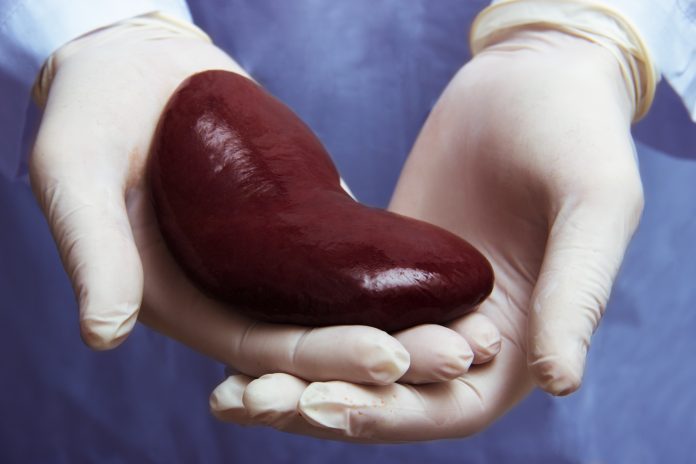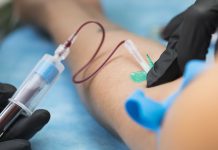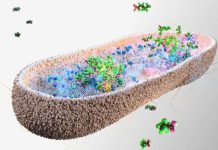Here we find out how The Japanese Society of Nephrology engages in research developing human resources, providing lifelong education and disseminating knowledge to the public, to tackle kidney disease and promote health
The JSN is developing a five-year plan to define its future activities focusing on the key areas of: strategy and medical policy; basic research; clinical research; education and development of human resources; internationalisation; and local contribution and industry-university collaboration. Through JSN’s International Committee, relationships with bodies such as the American Society of Nephrology and the European Renal Association-European Dialysis & Transplant Association have been strengthened, while ties with other Asian countries are being consolidated through the Asian Forum of Chronic Kidney Disease Initiative.
The Japanese Society of Nephrology (JSN) carries out investigations and research concerning all aspects of medicine, health and treatment related to the kidneys in order to improve public knowledge and advance academic achievement. The kidneys play a vital role in keeping the blood clean by excreting waste materials into the urine. They also help to maintain body fluid volume and pH (acidity or alkaline) of the blood. Furthermore, the kidneys secrete a hematopoietic hormone, improve anaemia and are involved in the metabolism of calcium and phosphorous.
The main fields of nephrology are concerned with investigating the structure and function of the kidneys; to search for the causes of symptoms such as proteinuria, hematuria or edema and renal function deterioration observed in clinical practice; to actively treat kidney disorders; and to provide renal replacement therapy, such as haemodialysis, peritoneal
dialysis or transplantation, for patients for have developed end-stage renal disease. The JSN’s mission is to support those working in nephrology by holding regular meetings to act as a forum for the diffusion of information, producing journals, coordinating clinical research, promoting cooperation with related bodies in Japan and internationally, and proving recognition to those who have made significant contributions to the field.
The JSN currently has over 10,000 members. Dr Naoki Kashihara of Kawasaki Medical University has been President of the organisation since June 2016.
“We believe that research to overcome diseases develops gradually, not via a simple course, but along a more convoluted pathway. On behalf of the whole organisation, I am determined to make progress step-by-step, without delay, and with the expectation and the objective of educating the next generation,” Dr Kashihara wrote on the JSN website.
To facilitate this progress, the JSN is developing a five-year plan to define its future activities focusing on the key areas of: strategy and medical policy; basic research; clinical research; education and development of human resources; internationalisation; and local contribution and industry-university collaboration.
A key pillar of the five-year plan will be a greater focus on increasing diversity and promoting gender equality. In addition, to support collaboration between the different workforces in the clinical field, the JSN will launch the Certified Nephrology Nurse course to strengthen the integration of general nurses, dieticians and pharmacists, and focus on nurturing a wide variety of next-generation career personnel who are not limited to being doctors.
“We believe that research to overcome diseasesd evelops gradually, not via a simple course, but along a more convoluted pathway. On behalf of the whole organisation, I am determined to make progress s tep-by-step, without delay, and with the expectation and the objective of educating the next generation.”
One of the big concerns for the JSN is the declining international competitiveness of Japan’s basic research, as indicated by a reduction in the number of papers from the country published in journals such as the Journal of the American Society of Nephrology and Kidney International. To support basic research, the JSN will back education programmes and nurture young researchers, help to establish a virtual resource centre for renal biopsy and facilitate students studying abroad. It will also submit a five-year proposal to the MHLW and the Japan Agency for Medical Research & Development highlighting the key issues to be resolved. In addition, the JSN will expand its database of renal disorder registration. The Japan Renal Biopsy Registry (J-RBR) is one of the largest renal biopsy registries in the world.
The Japan Chronic Kidney Disease Database (J-CKD-DB) is a less labour-intensive database, containing more than 100,000 patients, which is used by the MHLW. Individual information on the J-CKD-DB will be linked to the J-RBR for complementary purposes.
To improve the quality of nephology care, the JSN will build platforms with other stakeholders, including the MHLW, AMED and the Ministry of Education, Culture Sports, Science & Technology and consolidate connections through scientific programme workshops.
Through JSN’s International Committee, relationships with bodies such as the American Society of Nephrology and the European Renal Association-European Dialysis & Transplant Association have been strengthened, while ties with other Asian countries are being consolidated through the Asian Forum of Chronic Kidney Disease Initiative.
To support the development of new renal disorder treatment drugs, the JSN is establishing a new regulatory science research organisation together with the relevant ministries. In order to create efficient countermeasures, the JSN is creating joint committees with various other societies. The JSN has successfully expanded in recent years and will continue to pursue growth with the core mission of contributing to society at large.
“We need broad support, not only from the society members but also from citizens,” Dr Kashihara said.
“For us to overcome renal disorders, it is essential that we work together with people from various fields. We anticipate that you will provide your understanding, cooperation and knowledge to further the JSN’s mission.”








